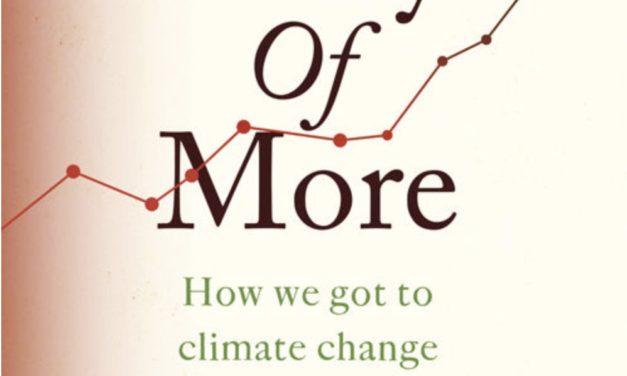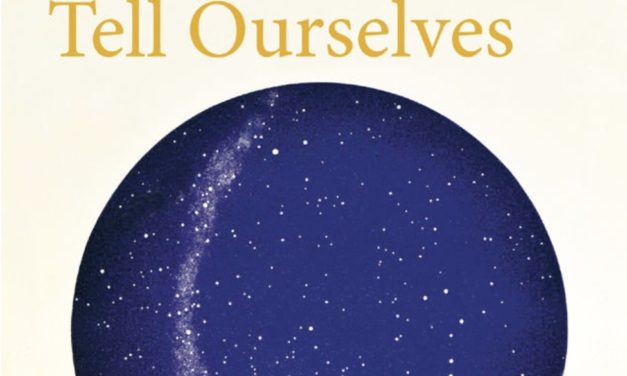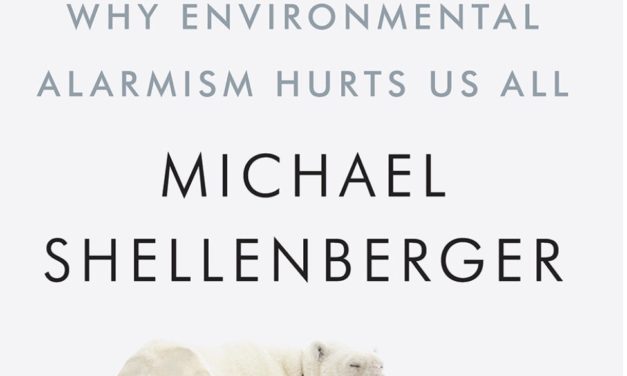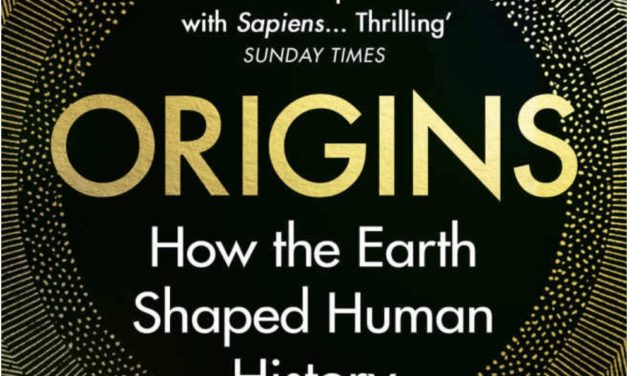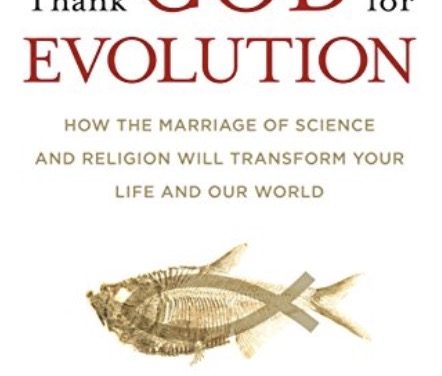The Story of More: How We Got to Climate Change and Where to Go from Here
“Hope Jahren is an award-winning geobiologist, a brilliant writer, an inspiring teacher, and one of the seven billion people with whom we share this earth. In The Story of More, Jahren illuminates the link between human consumption habits and our imperiled planet. In short, highly readable chapters, she takes us through the science behind the key inventions – from electric power to large-scale farming and automobiles – that, even as they help us, release untenable amounts of carbon dioxide into the atmosphere. She explains the current and projected consequences of greenhouse gases – from superstorms to rising sea levels – and the actions that all of us can take to fight back.” — Amazon.co.uk
Read More
